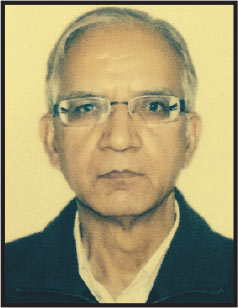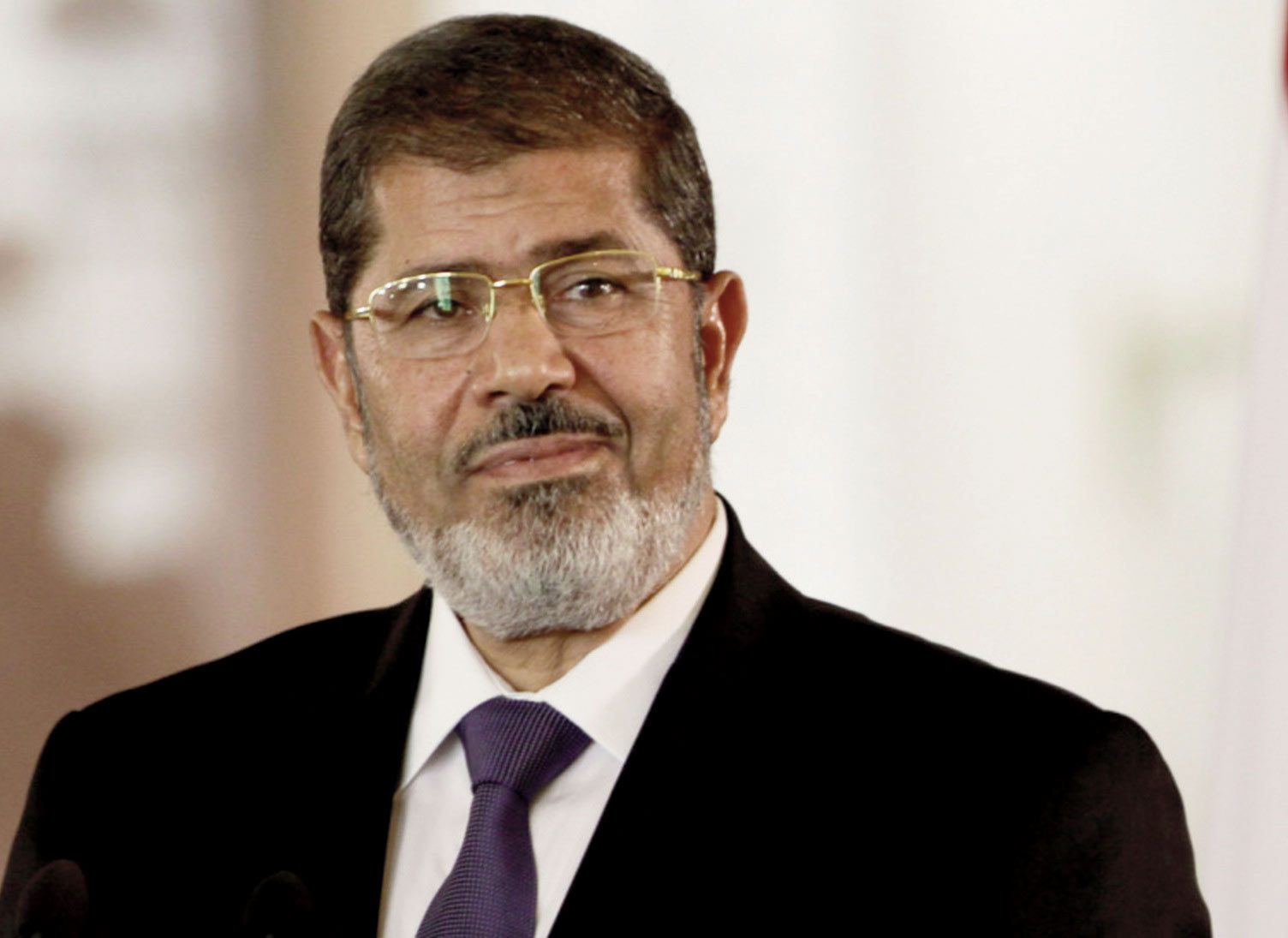
 |
DEATH OF A PRESIDENT
Who killed him ?
The organisation’s cadres, lying low after Al-Sisi regime’s drive to silence them forever, may gain more strength with unending focus on the movement seeking regime change. For them, Morsi has achieved martyrdom. What others think of him has no meaning for them. Keeping this point aside, was he really guilty of the charges he was faced with: leaking state secrets to Qatar, spying for Palestinian extremist group Hamas and killing protesters during a sit-in outside the presidential palace in Cairo? Or his crime was that his historic achievement as the first democratically elected President of Egypt in the country’s history posed a serious threat to the future of the well-entrenched monarchies in West Asia (the Middle East for the West), surviving mainly with US protection? The question calls for a dispassionate debate. Morsi rose from obscurity to fame in the wake of what came to be known as the Arab Spring, causing the end of tyrannical rule of President Hosni Mubarak in Egypt besides that of some others in the Arab world in 2011. When the time came for political forces to contest the first democratically held presidential elections in Egypt, Morsi’s position was that of a “spare wheel”. The Freedom and Justice Party, the political arm of the cadrebased Muslim Brotherhood, first chose the top man of the movement, Khairat al-Shater, to enter the ring. Al-Shater, however, got disqualified to contest the elections in 2012 on the grounds that he had been released from prison the year before. The next best choice was Morsi, a diminutive figure, never considered a leader having charisma. But those were the days when the Arab Spring had changed the people’s thinking and, therefore, he emerged as the strongest candidate fielded to contest the presidential polls. Though he was a candidate of the political wing of the Muslim Brotherhood, he drew support from most of the opponents of the outgoing ruler, Hosne Mubarak, including secular, liberal and other pro-democracy voters. He easily defeated Mubarak’s protégé and last Prime Minister, Ahmed Shafik, to emerge victorious on June 17, 2012, with 51.7 per cent of the votes polled. Morsi began his innings with the required caution, but that was not enough. Every measure he took to govern the country in the aftermath of the Arab Spring was seen with suspicion. Though he used every available opportunity to declare that he would do nothing that could go against the larger interests of his country, voices began to be heard that he was a product of the Brotherhood, which had a clear agenda, to strive to have elected regimes all over the sensitive region. The Brotherhood had always been advocating for elected governments, reflecting people’s aspirations. However, since it drew inspiration from the teachings of the region’s revolutionaries like Sayyid Qutb (1906-1966) and Hassan al-Banna, it could not be allowed to grow roots deeper enough to make people demand for a change in the system of governance having rulers free from immorality and corruption. These revolutionaries believed that immorality and corruption in the system were there because of the rulers not following the divinely revealed book, the Quran, in letter and spirit. Morsi continued to swear that he need not be seen merely as a product of the Qutb-inspired movement but as a leader of the Freedom and Justice Party and the President of Egypt. He would often come out with the explanation that he was the elected head of government for all the citizens of Egypt, not of the followers of a particular movement, and that he would not do anything that went against the interests of any section of Egyptian society. But doubts about his ultimate objective did not go out of the minds of those who had nothing to do with the radical ideas of the Brotherhood. Morsi was pre-judged before being allowed to prove what he claimed. Morsi continued to swear that he need not be seen merely as a product of the Qutbinspired movement but as a leader of the Freedom and Justice Party and the President of Egypt. He would often come out with the explanation that he was the elected head of government for all the citizens of Egypt, not of the followers of a particular movement, and that he would not do anything that went against the interests of any section of Egyptian society. His background of being associated with the Brotherhood made many people see the new laws he introduced as being aimed at perpetuating his rule or that of the Brotherhood. Once the alarm bells got ringing, people in large numbers raised the banner of “Tamarod’ (rebellion) and came out apparently spontaneously to hold demonstrations against his elected government. The Tehrir Square in Cairo, which once drew millions of protesting Egyptians against the dictatorship of Hosni Mubarak, became the place from where calls for Morsi’s resignation were made till he was deposed by the Egyptian military under the leadership of the Defence Minister he had chosen as his confidante, then a little-known member of the Supreme Council of the Armed Forces, Abdel Fattah al-Sisi. However, Al-Sisi could not have gone to the extent of presiding over the overthrow of Morsi without having clandestine support from external forces. During the one year that Morsi was in power the world got a clear message that the government he headed would not take decisions keeping in view the interests of the dictators of the region or their most powerful ally, the US. There were enough indications that the success of the Morsi government could have inspired and encouraged prodemocracy forces in other countries in the region to raise the banner of revolt against their dynastic regimes. The scared regimes could not keep quiet. The fall of the Morsi government was not only the loss of any particular political party or any specific section of the Egyptian population. It was a loss for all those who gave birth to the historic development called the Arab Spring, which shook all the regimes in the region by their very foundations. And the Arab Spring did not come about because of the efforts of any single movement seeking regime change. It caused the demise of the Hosni Mubarak regime as a result of the sacrifices made by millions of secular, liberal and other pro-democracy Egyptians, including those associated with the Muslim Brotherhood. What the people of Egypt aspired to achieve through the Arab Spring protests would get a practical shape only when the Al-Sisi regime is replaced with an elected government. Who wins the people’s mandate must be allowed to rule, replacing the present regime which must be shown the exit door. |
|


 Syed Nooruzzaman
Syed Nooruzzaman Former Egyptian President Mohammed Morsi
Former Egyptian President Mohammed Morsi